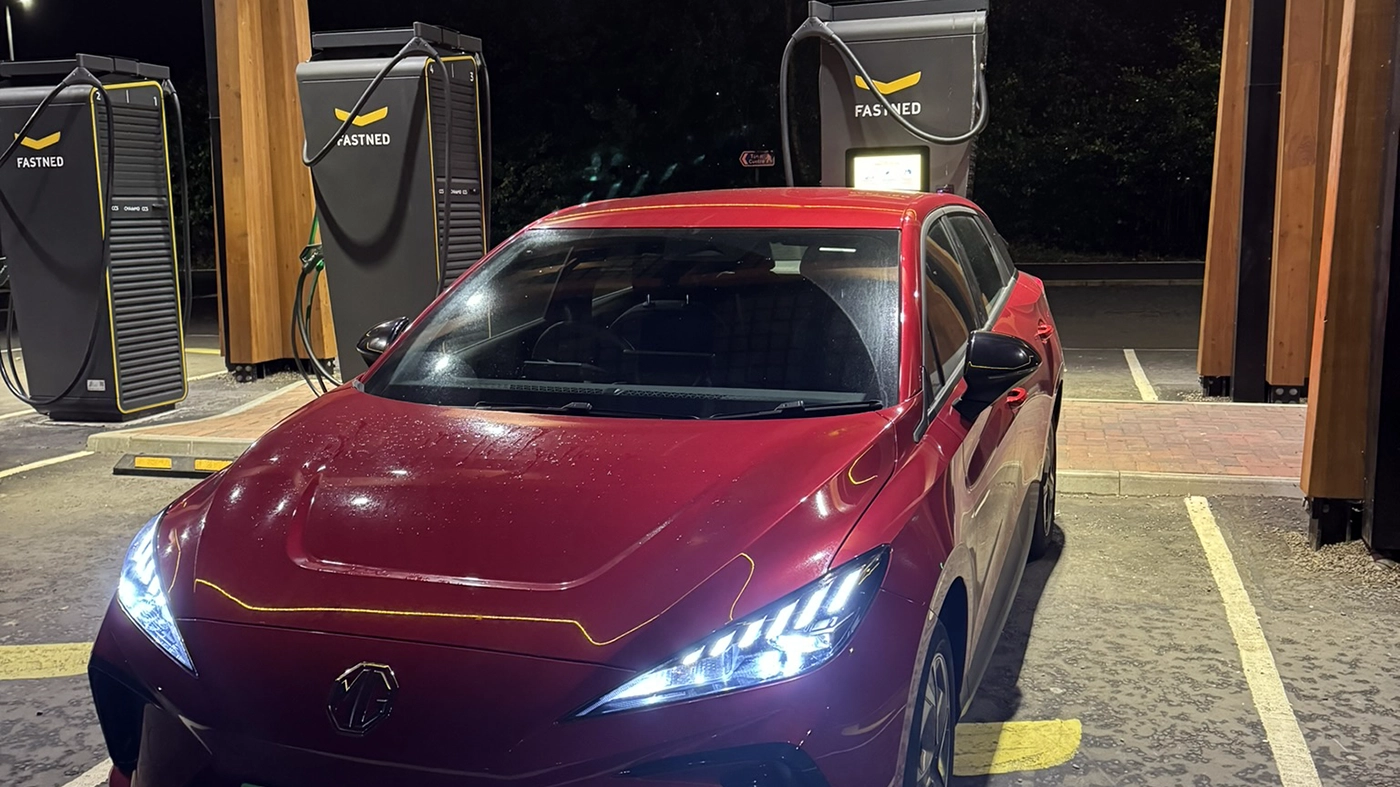Manufacturers in both the UK and EU are urging the EU to adopt a proposal from the European Commission which would delay post-Brexit tariffs on electric vehicle (EV) and battery exports, set to start in 2024.
Maroš Šefčovič, Commission executive vice-present for the European Green Deal and Interinstitutional Relations, said the proposal aims to support competitiveness of European industry, maintain economic growth, and protect jobs.
“At the same time, it sends a clear signal that the EU continues to be firmly committed to developing a thriving battery sector,”
Šefčovič also announced €3bn to support EU battery manufacturing capacity, which is “essential for the green transition”. The funding will be provided over three years through the Innovation Fund, the EU’s fund for climate policy.
The moves are meant to counter slow scaleup of the European battery ecosystem, due to impacts from Russia’s aggression against Ukraine and soaring energy prices, as well as increased competitiveness from international subsidy support schemes.
The US’ 2022 Inflation Reduction Act has been a particular cause for concern for nations, worried that the more than US$370bn in incentives for cleantech would see them lose out on private sector investment.
The Commission’s proposal concerns the UK-EU rules of origin on EVs and batteries, adopted under the Trade and Cooperation Agreement (TCA) settled on by the jurisdictions in 2020. The rules specify the conditions under which a products origin is determined, subsequently impacting duties under the agreement.
The proposal would extend the current tariff-free conditions for three years, until the end of 2026. Under the existing TCA, that period would see the UK and EU move to an intermediate phase of “somewhat stricter” rules of origin, before graduating to the strictest level in 2027. The proposal would skip the intermediate phase entirely.
Under the outlined intermediate rules, EVs traded in both directions would be subject to a 10% tariff. The EU is the UK automotive industry’s largest market, and vice versa. Manufacturers raised concerns that the coming tariffs would threaten uptake and competitiveness in EVs, as well as on demand for batteries and battery materials.
The Society of Motor Manufacturers and Traders (SMMT) said that the upcoming tariffs would add billions of pounds in costs and push up prices for consumers. The European Automobile Manufacturers’ Association (ACEA) said it would cost EU vehicle makers €4.3bn over the next three years, and potentially reduce battery electric vehicle (BEV) production by some 480,000 units.
Both groups welcomed the Commission’s proposal, calling for adoption by EU member states.
ACAE’s director general, Sigrid de Vries, said the measure is “vital to ensure the well-being of not only EU BEV manufacturing, but also of the whole European battery value chain”.
Mike Hawes, CEO of SMMT, said:
“Adopting the Commission’s proposal would be a pragmatic solution, safeguarding the future of the EU and UK automotive industries, supporting motorists, the economy, and the environment. Such an extension would avoid damaging tariffs on the very vehicles we need consumers to buy, allow UK and EU manufacturers to compete with the rest of the world and, crucially, give the European battery industry time to catch up.
Above all, voting for the proposal will enable us all to cut carbon emissions while supporting growth and jobs across the entire EV supply chain. We urge every party to get behind it.”
Proposals from the European Commission are considered by the Council and parliament on the way to adoption.
If adopted and agreed upon with the UK, the extension of current conditions would be a “one-off”. The Commission included a “lock-in” mechanism in the proposal, which would make it legally impossible for EU-UK Partnership Council, setup to oversee the TCA, to change the rules again before 2032.
Šefčovič added:
“The proposal is now on the table. It is for the [Council of the European Union] to discuss and adopt it and my team and I stand ready to help get it across the line over the coming weeks.”



